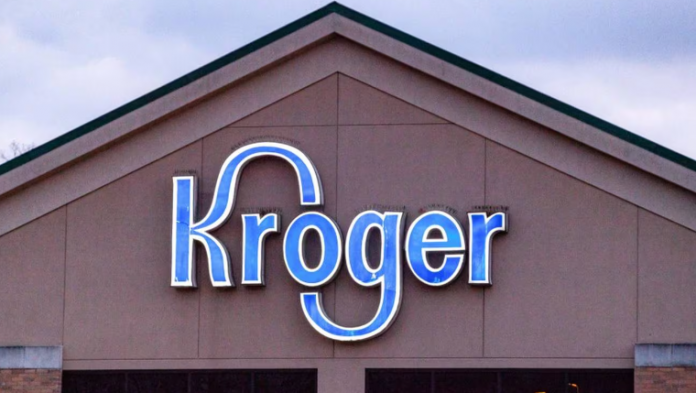On February 12, Attorney General Russell Coleman of Kentucky began legal proceedings against Kroger Co., asserting that every one of its pharmacies contributed to the opioid epidemic in the state. According to the complaint filed against a nationally recognized grocery chain, over 11% of all opioid pills administered in Kentucky from 2006 to 2019 came from over 100 pharmacies. It “inundated” several towns in the state without any reasonable precaution, amounting to hundreds of millions of doses, according to the lawsuit.
Coleman made the accusation in a statement, claiming that Kroger is to blame for the overabundance of opioid medications in Kentucky, which causes harm, addiction, and death. Even the state’s top prosecutor has stated that the business engaged in this practice for “more than a decade,” suggesting that it ought to face consequences.
Kroger is being sued in Shepherdsville’s Bullitt County Circuit Court for a total of two thousand dollars in civil penalties for each of the state’s Consumer Protection Act claimed willful violations. Some sources claim that the grocery chain’s officials have ignored many requests for comment via email.
More over 2,000 people died from overdoses in Kentucky in 2022, making it one of the states hit worst by the epidemic. Legal actions have been pursued against pharmaceutical corporations that produce or sell opioids by a number of Kentucky attorneys general from both major parties.
Kroger was allegedly negligent in the Bluegrass State because it did not implement monitoring programs to prevent suspicious opioid orders, according to Coleman’s lawsuit. Kroger, according to Coleman’s lawsuit, made these “too accessible” narcotics available to the public, despite their inherent dangers and high levels of addiction.
The company’s role as both a dispenser and distributor gave it access to real-time data that the attorney general’s office claimed showed suspicious prescription trends. Despite these “red flags,” the grocery chain did not submit a single suspicious prescription in the state between 2007 and 2014, according to Coleman’s office.













